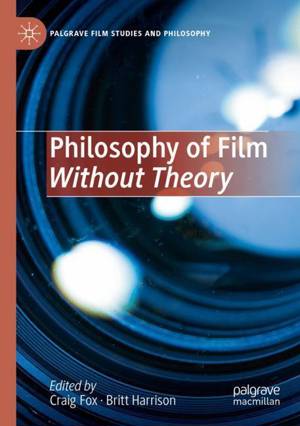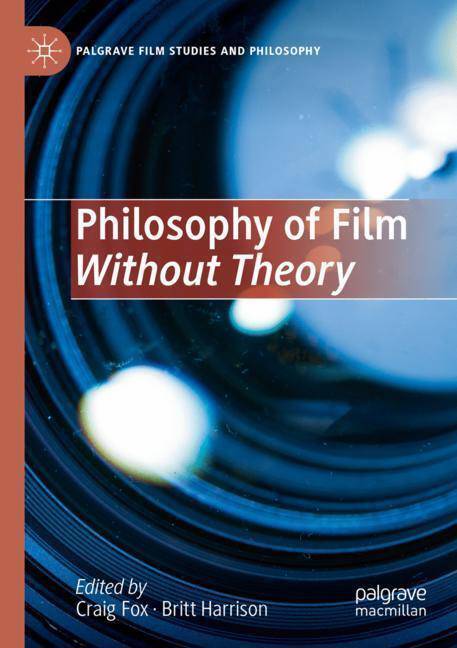
- Retrait gratuit dans votre magasin Club
- 7.000.000 titres dans notre catalogue
- Payer en toute sécurité
- Toujours un magasin près de chez vous
- Retrait gratuit dans votre magasin Club
- 7.000.0000 titres dans notre catalogue
- Payer en toute sécurité
- Toujours un magasin près de chez vous
Philosophy of Film Without Theory
Description
This book challenges the long-standing presumption that serious philosophical engagement with film and television must be theoretical. It demonstrates, by example, how philosophy of film and film studies can move beyond the methodological assumption that understands philosophical to mean theoretical. In seventeen specially commissioned essays, one in-depth interview, and one reprint, leading philosophers and film scholars exploit the approaches, arguments, and insights of Ludwig Wittgenstein, Stanley Cavell, Iris Murdoch, Augustine, Berys Gaut, Noël Carroll, and Ordinary Language Philosophy, in exploring, amongst others, Gravity, Lone Star, The Handmaid's Tale, Le notti di Cabiria, Dunkirk, L'Année dernière à Marienbad, Visitors, The Night it Rained, Philadelphia Story, Shoah, Mary Magdalene, Psycho, Blue Jasmine, Three Colours: Red, War Games, and Histoire(s) du Cinéma. In so doing, this collection argues forthe power of theory-free philosophy and film studies as a way to expand our humanistic understanding.
Spécifications
Parties prenantes
- Editeur:
Contenu
- Nombre de pages :
- 308
- Langue:
- Anglais
- Collection :
Caractéristiques
- EAN:
- 9783031136566
- Date de parution :
- 21-04-24
- Format:
- Livre broché
- Format numérique:
- Trade paperback (VS)
- Dimensions :
- 148 mm x 210 mm
- Poids :
- 426 g

Les avis
Nous publions uniquement les avis qui respectent les conditions requises. Consultez nos conditions pour les avis.





